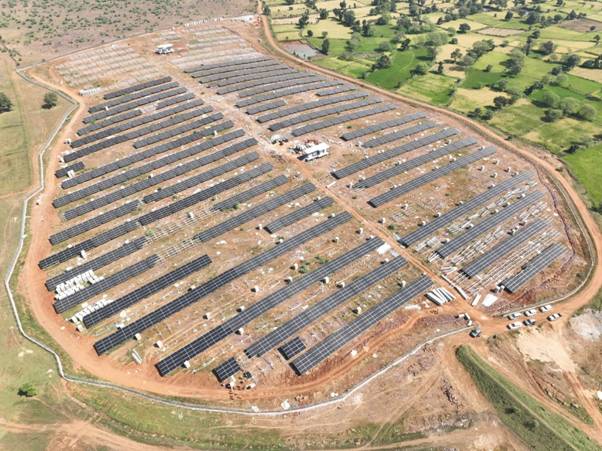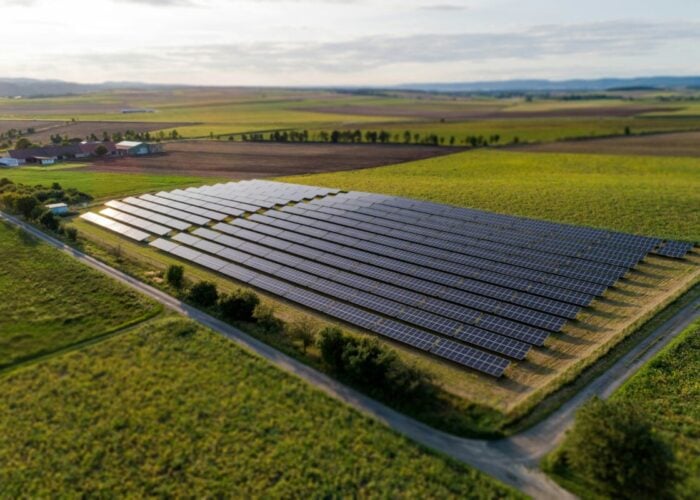
The Indian Central Electricity Authority has advised state utilities and all renewable energy implementing agencies to co-locate energy storage systems (ESS) with solar PV in future tenders.
Moving forward, solar PV tenders will have to be co-located with a minimum of 2-hour duration ESS, equivalent to 10% of the installed solar PV project capacity.
Try Premium for just $1
- Full premium access for the first month at only $1
- Converts to an annual rate after 30 days unless cancelled
- Cancel anytime during the trial period
Premium Benefits
- Expert industry analysis and interviews
- Digital access to PV Tech Power journal
- Exclusive event discounts
Or get the full Premium subscription right away
Or continue reading this article for free
This requirement is aimed at mitigating intermittency issues and providing critical support during peak demand periods, said the agency. India recently passed the 100GW installs for solar PV and is targeting 500GW of non-fossil fuel generation by 2030. This goal will pose significant challenges to the country’s grid stability and the government expects ESS will be an essential technology to provide grid stability, reliability and optimal energy use.
The implementation of energy storage with solar PV in future auctions would add nearly 14GW/28GWh of storage by 2030. It would also help India reach its goal of installing 73.93GW/411.4GWh of storage capacity by 2032.
As of the end of 2024, India had installed 4.86GW of energy storage, the majority of which (4.75GW) came from pumped storage plants (PSP). Battery energy storage contributed only 0.11GW.
Indian renewable energy tenders have seen a surge during the fiscal year 2024, with nearly 70GW of capacity tendered and 40GW allotted. Nearly half of these tenders were for solar PV. With this new order, upcoming tenders will see solar PV co-located with energy storage and help India reach its 2032 target.
Storage systems can run in a single-cycle operation, where they charge using the power from the solar PV plant they are co-located with and then discharge during evening hours, or in a double-cycle operation. In the second instance, in addition to using the solar PV plant to charge, they would also be allowed to charge using energy from the grid during low demand hours and later discharge during peak hours.
The Indian agency also suggested that rooftop solar projects might consider implementing 2-hour duration storage systems to manage production spikes during daylight hours.






